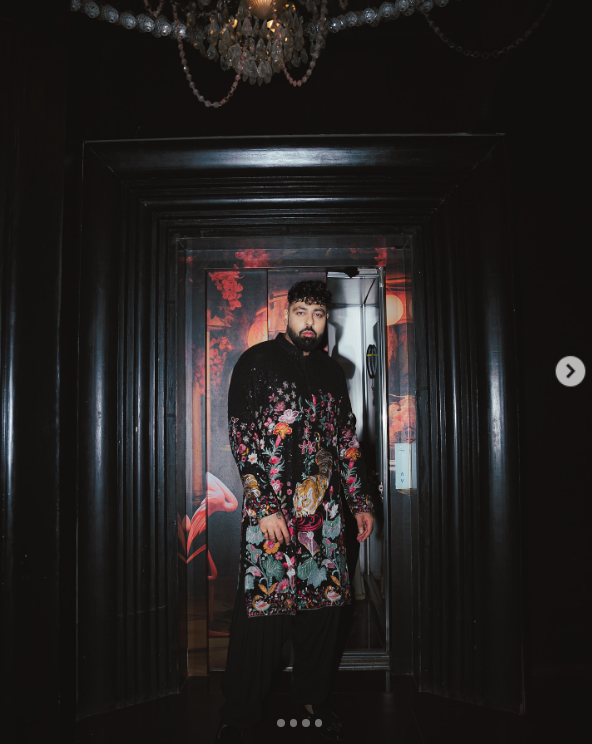‘This Fight Is About More Than Fabric’: Rahul Mishra On Winning Court Order Against Counterfeits
The Delhi High Court has ruled in favour of the celebrated couturier whose designs have been replicated by manufacturers and spotted on Kapil Sharma, Orry and Badshah recently
In one of the major developments shaking the Indian fashion industry is the much talked about design theft case filed by designer Rahul Mishra. In a significant legal progress, the celebrated couturier has won the court order over counterfeiting of his brands’s signature “tigeress” motif and other floral patterns from his ‘Sundarbans’ collection which were spotted on counterfeit garments sported by comedian Kapil Sharma, influencer Orry, and rapper Badshah recently.
The Delhi High Court has ruled in favour of Mishra by passing an ad-interim injunction against multiple parties for unauthorisedly copying and replicating his designs. The honourable justice, Tejas Karia has issued an immediate injunction, which prohibits the manufacture and sale of imitations or any deceptively similar representations of Mishra’s designs. As per the court’s order, these imitations not only infringe the designer’s copyright but also “erode brand exclusivity” and “cause opportunity loss” for more than 2000 artisans employed under the ace designer at his ateliers across India.

“This fight is about more than fabric — it’s about preserving the dignity of handcraft, protecting livelihoods, and safeguarding the creative spirit that makes Indian fashion respected worldwide,” says Mishra in his official statement. After the suit was filed against them, several infringers and defendants admitted to copying Mishra‘s designs, especially his tigress and floral motifs. They have reportedly agreed to remove the items from sale.
Mishra, who is celebrated for his slow fashion ethos and meticulously bringing Indian craftsmanship to global runways such as Paris Haute Couture Week, and beyond had condemned the rise of parallel fashion industry, producing cheap replicas in hubs, like Surat, Chandigarh, and Bengaluru, amongst other places in India. The matter brings to notice the battle between counterfeit versus original garments.
While an original Rahul Mishra’s sells for around ₹3 to 4 lakhs as it involves intricate detailing like aari work, appliqué, sequin work, and other meticulous hand-embroidery, the mass-produced replicas circulate in the market between ₹18,000 to 20,000. “Mass produced work takes away participation and employment. That’s my biggest pain point. For me, the purpose is to create a process that is slow, that involves participation. That participation comes from craftsmen,” says Mishra on the copied designs, which takes away the livelihood of artisans who are solely dependent on handwork and may lose their employability in an already precarious unorganised sector.
This case and the win in Mishra’s favour underlines how the industry needs to take fashion piracy seriously and deal with production of creative work with responsibility.